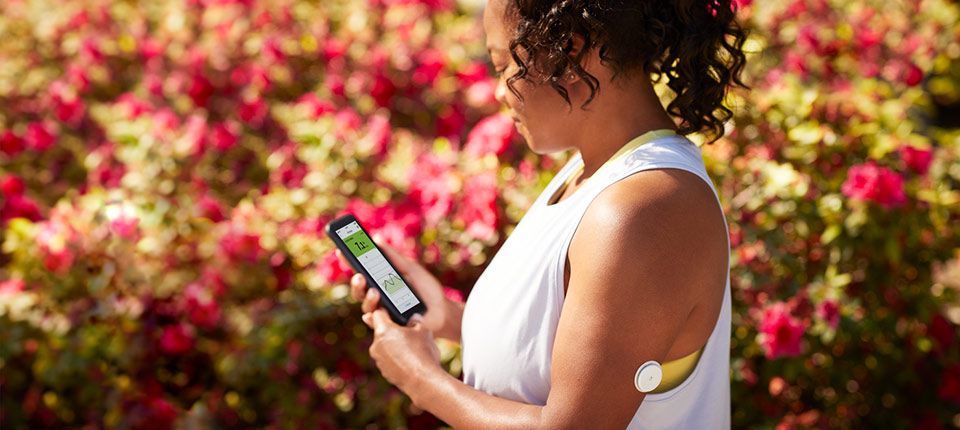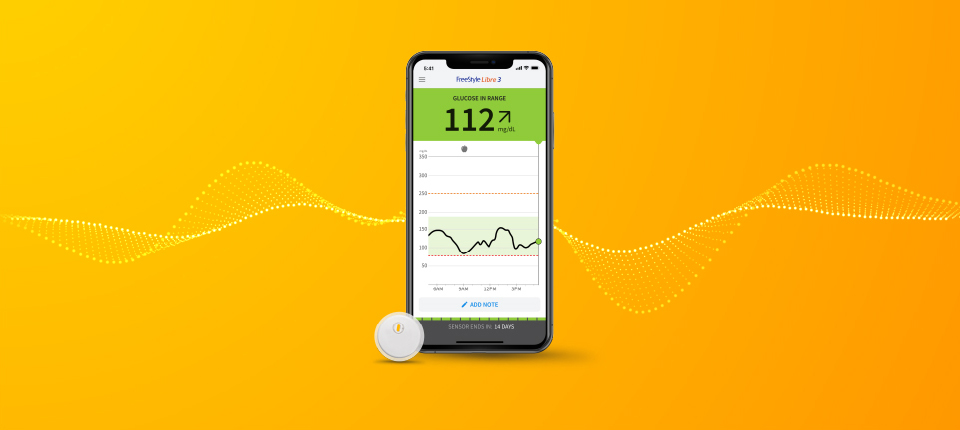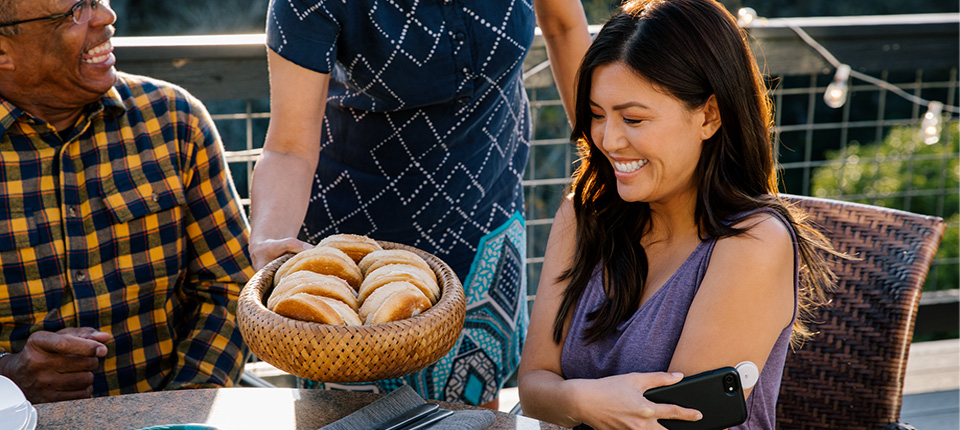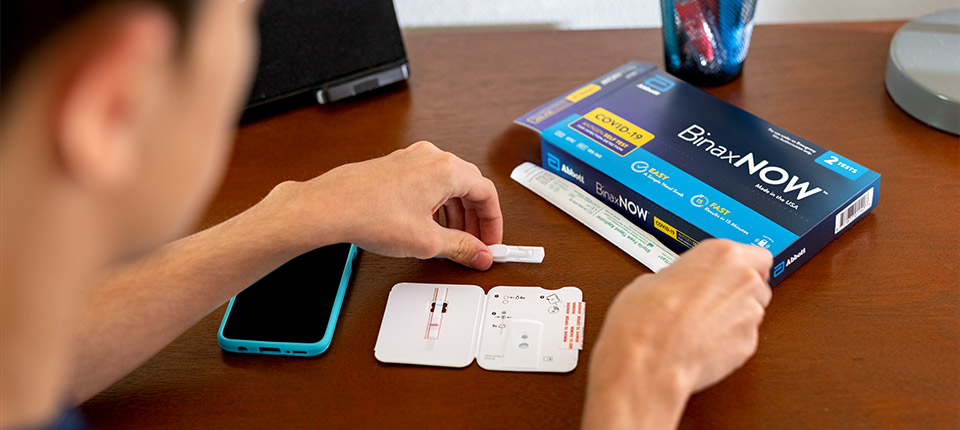Abbott has been asking a million people across the globe what one thing makes them feel most fulfilled, and GIVING is consistently one of their top three answers. That makes sense, as apparently we are biologically hard-wired to be generous. Scientifically speaking, research tells us we get real mental and physical benefits from sharing with others.
Perhaps it's really true, as we often were told as kids, that it's better to give than to receive.
"We have entered an era where it's cool to give," says Jenny Santi, author of The Giving Way to Happiness: Stories and Science Behind the Life-Changing Power of Giving. Born in the Philippines, she's a New York-based philanthropy advisor to donors and celebrities in Southeast Asia and the United States. "There's the confluence of a lot of factors. Through social media these days, there's greater awareness of different issues. And so a lot of people are becoming activists in their own right. It's not just Millennials, but mid-career professionals and retirees." In the book, she interviews people including philanthropic leaders and celebrities about how giving of themselves not only helped change the world, but changed them in the process.
"Giving promotes a sense of social connectedness," says Dr. Beth McQuiston, a board-certified neurologist and medical director at Abbott. "It's not always about giving money; it could be about caregiving and helping others. You could make an extra batch of your favorite soup to share with friends, coworkers, or neighbors. Perhaps you can help an elderly neighbor cut their lawn, rake their leaves or shovel their walkway. It doesn't have to be monumental. The key thing is that human connection."
We talked to Santi and McQuiston about five reasons people are genetically predisposed to give — and some of them might surprise you.
So when you're deciding whether to pick up a small gift or do something nice for people who'd otherwise not make your holiday list, go ahead. You'll get as much out of it as they will — if not more.






FOLLOW ABBOTT